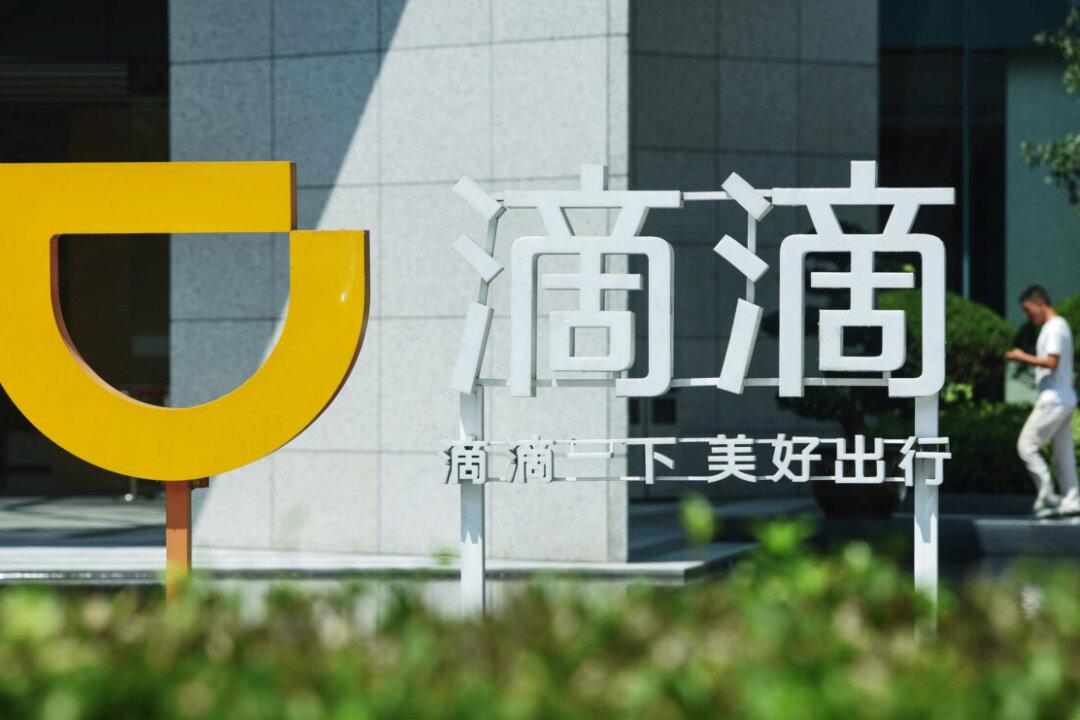China’s largest online ride-hailing platform, Didi Chuxing, was listed on the New York stock exchange at the end of June. Days later, a cybersecurity review followed along with the removal of all its apps, resulting in its share price plunging.
Exposing the Red Elites Behind ‘Chinese Uber’ Didi (Part 1)
Didi amasses red capital to monopolize China's ride-hailing industry

A Didi Chuxing logo in Hangzhou, China. STR/AFP via Getty Images
|Updated:




